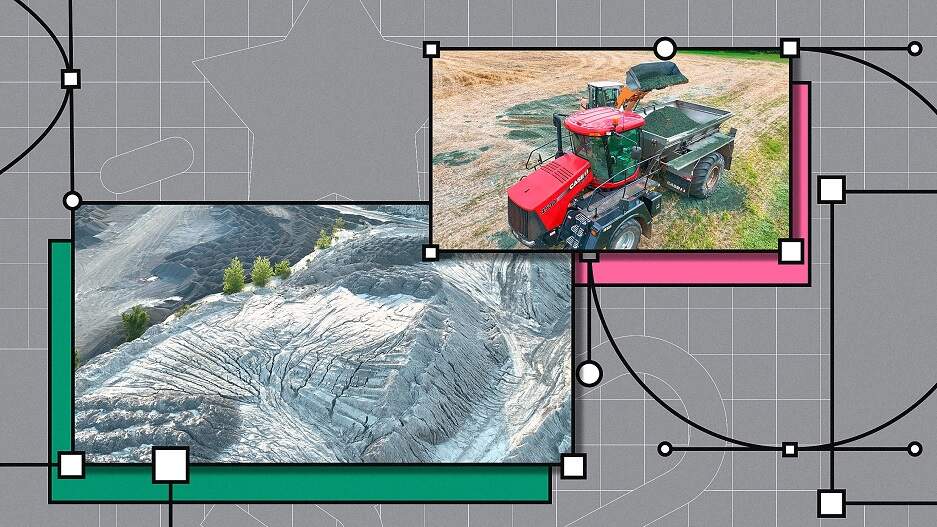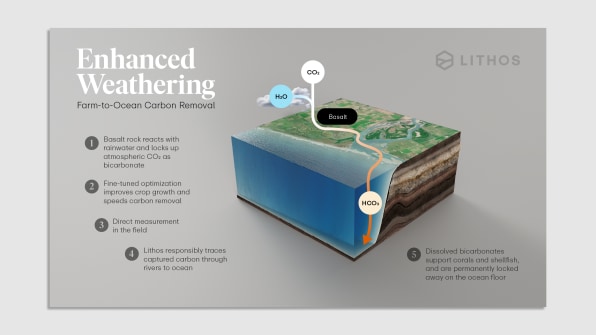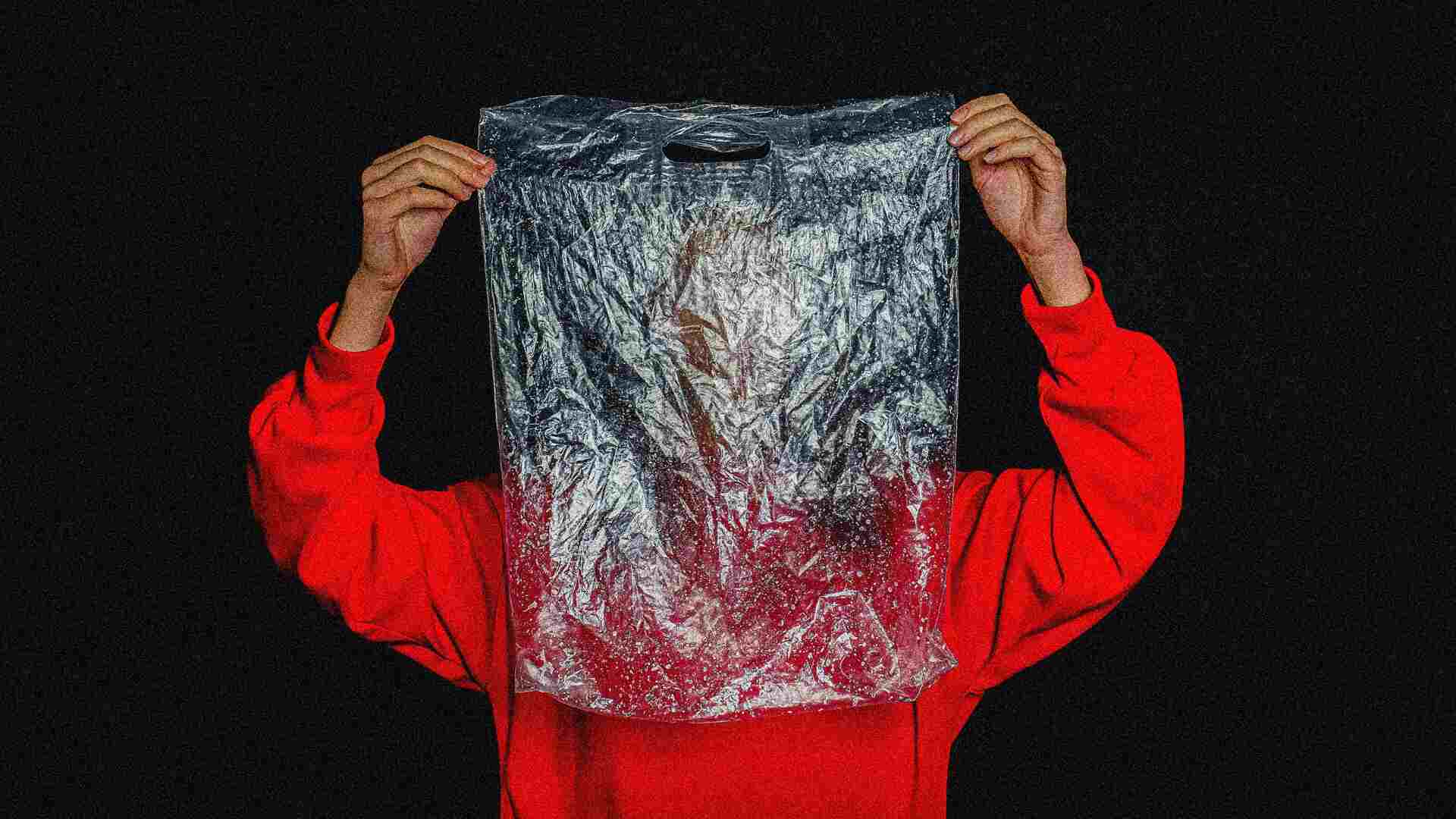- | 12:00 pm
This startup uses volcanic rock dust to suck carbon dioxide out of the air
Lithos Carbon’s carbon sequestration is a winner in Fast Company’s World Changing Ideas Awards.

Lithos Carbon is one of the winners of Fast Company’s 2023 World Changing Ideas Awards. Explore the full list of projects we’re honoring for making the world more equitable, accessible, and sustainable.
To combat rising temperatures, we not only need to reduce carbon emissions but also remove billions of tons of carbon from the atmosphere. A variety of enterprises are focusing on removing carbon from the air, but many of their approaches employ expensive technologies and will take years to have any meaningful effect.
Startup Lithos Carbon, however, is focusing on the land, and a natural tool: basalt, a black igneous rock that’s common on volcanically active islands like Hawaii and Iceland. Lithos recycles existing basalt dust—a quarrying by-product—and spreads it over crop land. When rainwater mixes with the basalt dust, it triggers a chemical reaction that captures and locks up CO2 as bicarbonate.

The bicarbonate then flows into rivers and the open ocean, where it nourishes coral reefs and the shells of crabs, oysters, and other organisms. When those creatures die, the carbon is permanently sequestered as rock on the ocean floor. “We’re sucking carbon dioxide out of the atmosphere and storing it permanently for 10,000 to 100,000 years,” says Mary Yap, Lithos Carbon’s cofounder and CEO.

Lithos says it’s on track to sequester 10,000 metric tons this year, at a fraction of the cost of other methods that require pricey machines. The company works with both family and corporate farms across the United States. Lithos provides basalt free to farmers, financing the project by selling carbon credits to tech companies, and unlike many other treatments that can damage or poison the soil, basalt helps to regenerate and de-acidify soils. So far, crop yields have increased by as much as 47%. “This process really is a no-brainer for farmers,” Yap says.







































